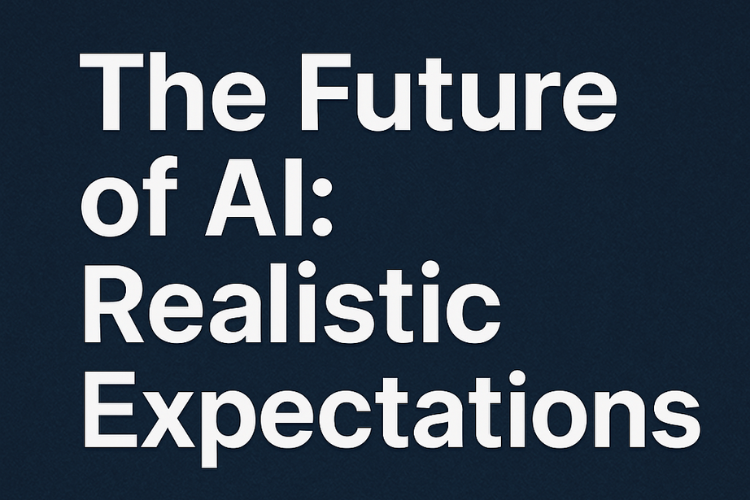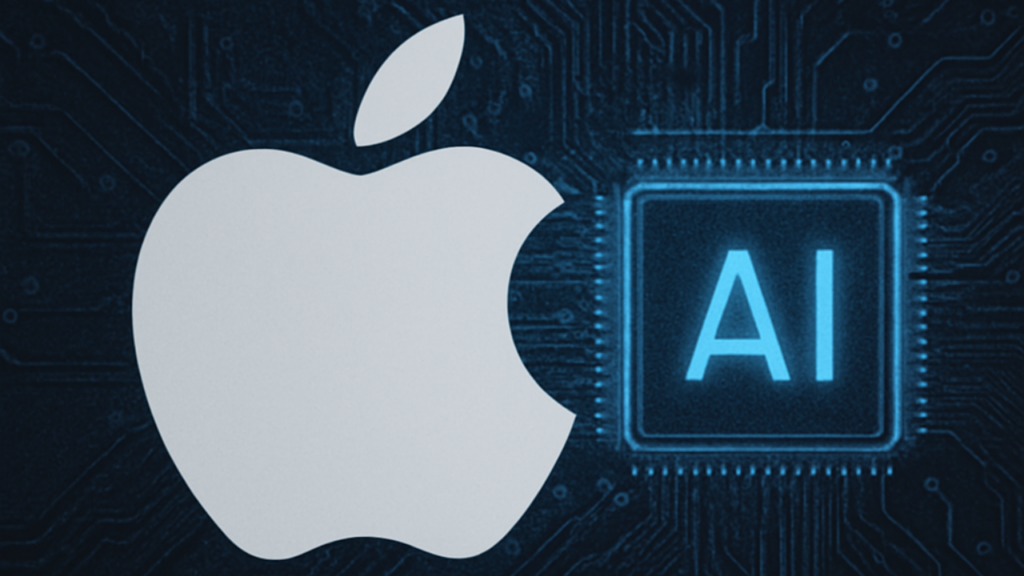Introduction
Apple has built its reputation on creating seamless, innovative products. When the company announced its AI initiative, “Apple Intelligence,” expectations were sky-high. Many believed Apple would redefine artificial intelligence just as it had with smartphones and wearables. However, recent developments reveal that Apple has scaled back its AI ambitions.
This shift is more than just a corporate decision—it signals deeper issues within AI itself. The industry has been raving about large language models (LLMs), but Apple’s struggles highlight their real-world limitations. Is AI truly as powerful as we believe, or has the industry overhyped its potential? Let’s explore the reality behind Apple’s AI setback and what it means for the future.
The Promise vs. Reality of AI
AI’s Grand Promises
Over the past decade, artificial intelligence has been portrayed as a revolutionary force. Companies have marketed AI as the key to automation, personalization, and problem-solving. Apple, too, wanted to integrate AI into its ecosystem in a way that “just works.”
The idea was simple: AI would enhance user experiences across Apple devices. From smarter Siri interactions to real-time photo enhancements, the potential seemed limitless. Many expected Apple to deliver something more refined than what competitors like OpenAI and Google had built.
The Harsh Reality
Despite investing heavily in AI research, Apple faced major hurdles. Large language models, which power tools like ChatGPT, have significant limitations. They struggle with accuracy, reasoning, and real-time processing on devices. Apple aimed to integrate AI directly into its hardware while ensuring data privacy, but this proved far more complex than anticipated.
The promise of AI surpassing human intelligence is far from reality. The technology still relies on massive datasets, extensive computing power, and constant updates. Apple’s struggle is not unique—it’s a wake-up call for the entire industry.
Why Apple Scaled Back Its AI Plans
Technical Limitations
Apple’s approach to AI focused on on-device processing. Unlike cloud-based models from OpenAI or Google, Apple wanted AI to function directly on its devices for better privacy and security. However, this required immense processing power that current hardware couldn’t handle efficiently.
Even with advanced chips like the M-series, AI models require vast resources. Real-time AI execution on iPhones and Macs resulted in performance trade-offs that Apple was unwilling to accept.
Accuracy and Reliability Issues
LLMs generate responses based on patterns, but they often hallucinate information. Apple needed an AI system that met its high standards for reliability. The company found that existing models simply weren’t consistent enough to be integrated seamlessly.
Voice assistants like Siri have long struggled with understanding complex commands. Apple’s attempt to upgrade Siri using AI hit the same roadblocks—it could not guarantee reliable and contextually accurate responses.
User Privacy Concerns
Apple has positioned itself as a leader in privacy protection. Unlike companies that collect vast amounts of user data, Apple prioritizes security. However, building a robust AI system while maintaining strict privacy policies is difficult. AI models improve with access to large datasets, but Apple was unwilling to compromise on data security.
Balancing AI advancements with user privacy forced Apple to rethink its strategy. Rather than launching an underwhelming AI product, the company decided to scale back and reassess.
What This Means for the AI Industry
Overhyped AI Capabilities
Apple’s setback proves that AI is not as advanced as many believe. While AI excels at automation and content generation, it still struggles with critical thinking and contextual understanding. Companies that promised AI-driven revolutions are now facing reality.
A Shift in AI Development
Tech giants have rushed to integrate AI into their products, but Apple’s move signals a shift. Instead of pushing half-baked AI features, companies may now focus on refining existing technologies. This could lead to more practical AI applications rather than overpromised innovations.
Lessons for Other Companies
Apple’s experience offers valuable lessons for businesses investing in AI. Companies need to set realistic expectations and avoid marketing AI as an all-powerful solution. Instead, they should focus on gradual improvements and solving real-world problems.
The Future of AI: Realistic Expectations
AI Will Not Replace Humans Anytime Soon
Despite the hype, AI is not replacing human intelligence. It is a tool, not a substitute for creativity, problem-solving, or deep reasoning. Companies must recognize AI’s limitations and use it as an assistant rather than a replacement.
More Ethical AI Development
Apple’s AI dilemma highlights the need for ethical AI development. Privacy, security, and accuracy must be top priorities. Future AI innovations should focus on enhancing user experiences without compromising reliability.
What to Expect Moving Forward
The AI industry is entering a phase of realism. While AI will continue to evolve, its progress will be gradual. Instead of expecting overnight transformations, users and businesses should look forward to steady improvements in AI capabilities. Apple’s decision to scale back is not a failure—it is a necessary step toward responsible AI development.

Conclusion
Apple’s decision to scale back “Apple Intelligence” is a reality check for the AI industry. It proves that despite the hype, AI is far from perfect. The limitations of large language models are becoming clear, and companies must rethink how they implement AI.
Instead of expecting AI to be an all-powerful force, businesses should adopt a balanced approach. AI should complement human intelligence, not attempt to replace it. Companies that acknowledge AI’s true capabilities will build more sustainable and user-friendly technologies.
The AI race is not about speed; it’s about precision and practicality. Apple’s move is a sign that responsible AI development matters more than rushing to market. For those following AI advancements, platforms like StartupHakk will continue to cover these shifts, ensuring readers stay informed about the real state of artificial intelligence.




